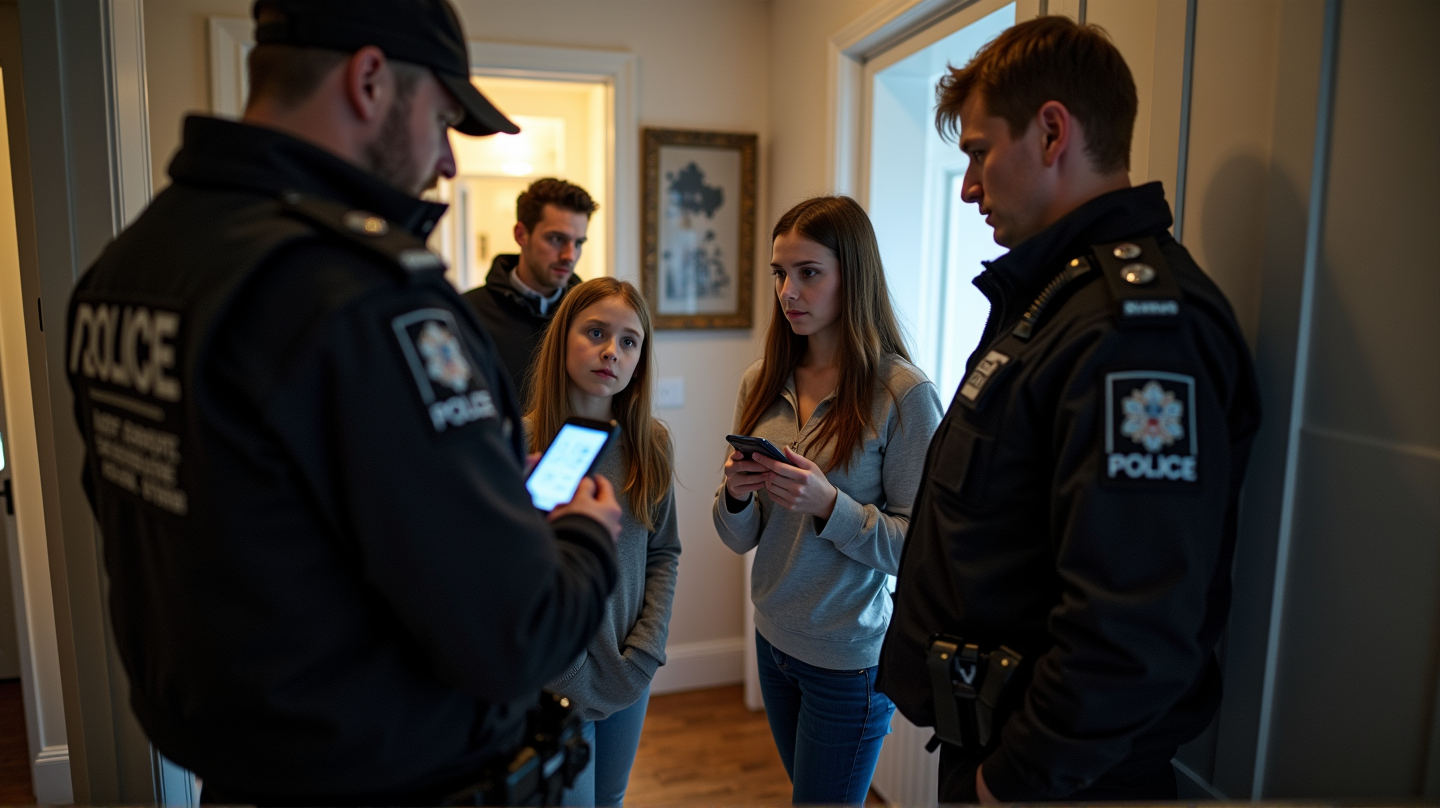In today’s digital age, news spreads quickly, often with snippets and soundbites that can mislead or misinform. This is precisely the case with a recent video on platform X, formerly known as Twitter, which claims that British police demanded a teenage girl hand over her smartphone merely for viewing a social media post. According to West Midlands Police, the video is heavily edited, creating a misleading narrative that diverges significantly from reality.
The Viral Sensation
The video in question has captured the online world’s attention, amassing over 3.5 million views. It depicts an interaction between police officers and a family in England, with an assertion that law enforcement officials wanted to confiscate a girl’s phone. British activist Tommy Robinson further fueled the controversy, comparing the scene to dystopian enforcement.
The Police Response
West Midlands Police have addressed these allegations, stating categorically that they are not investigating the young girl for viewing social media content. Rather, the investigation centers on a complaint regarding a fake social media account that was used to send distressing messages. According to Newsweek, this offense falls under malicious communications, involving grossly offensive content aimed at causing anxiety to the victim.
The True Sequence of Events
The incident in question began when police visited the child’s home in Walsall to discuss the complaint. The encounters were intended to facilitate an interview with the suspect—a teenage girl—and secure her phone as evidence. Footage from body cameras captured a more extensive interaction than the abridged video suggests, providing context lost in its viral form.
Community Concerns and Legal Ramifications
The dialogue around the event has sparked debate over the boundaries of police powers and privacy rights, given that the officers didn’t have a warrant. Legal experts have expressed concern that such actions might infringe on the Police and Criminal Evidence Act amidst ongoing discussions about the UK’s Online Safety Act.
What Lies Ahead
As the investigation unfolds, West Midlands Police continue to examine the malicious communications charge, refocusing public attention on the purported use of a fake social media account. Meanwhile, the narrative around this incident serves as a powerful reminder of the need for discerning consumption of online media and the importance of comprehensive context before reactions take flight.
The body-worn video evidence will be crucial in unraveling the truth, promoting an informed understanding of the events, as expressed by West Midlands Police.
By dissecting the video and subsequent responses, we aim to provide a clearer picture of the complexities surrounding the case—echoing the perennial tension between the imperative of public safety and the preservation of individual rights.
